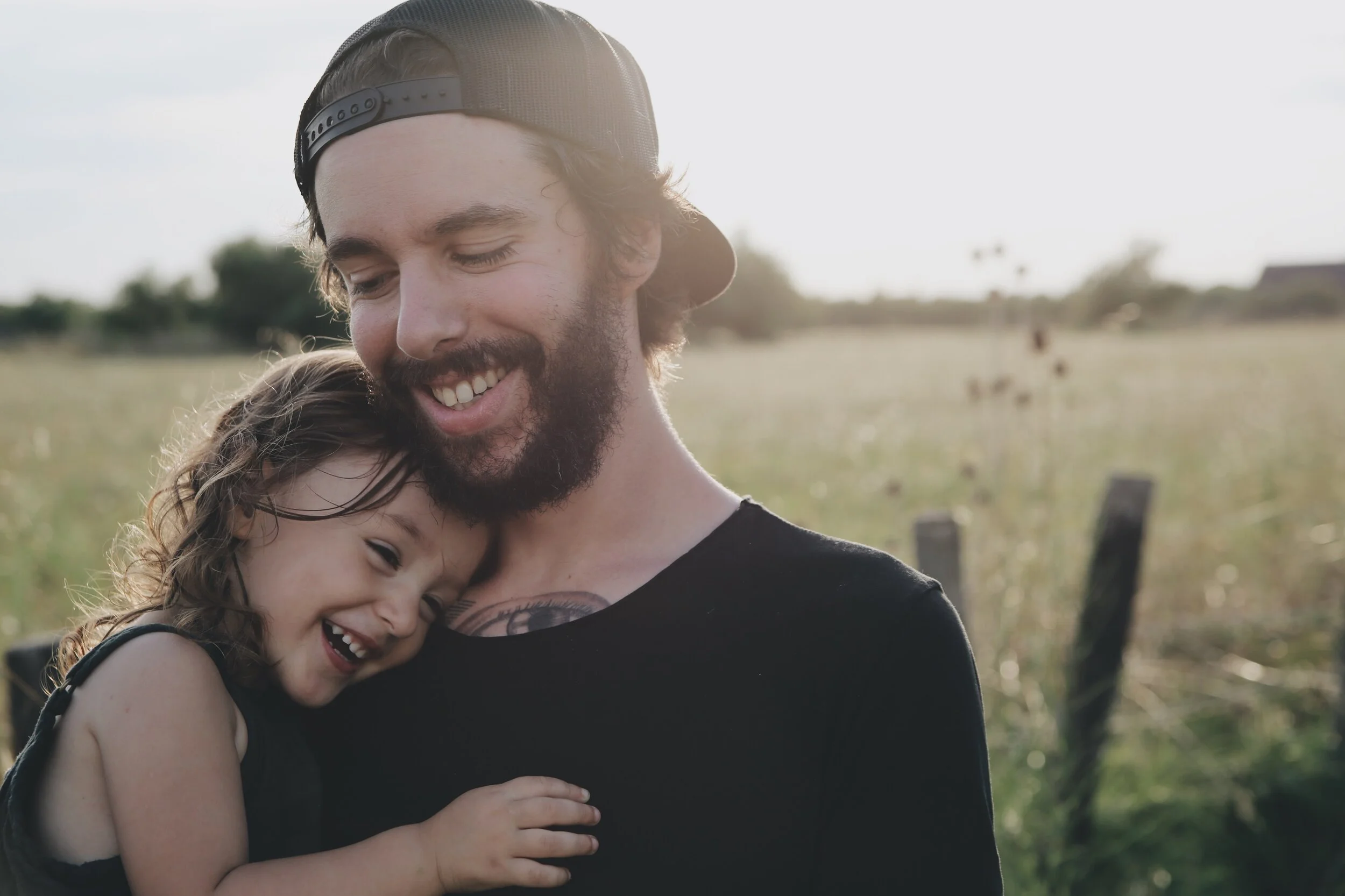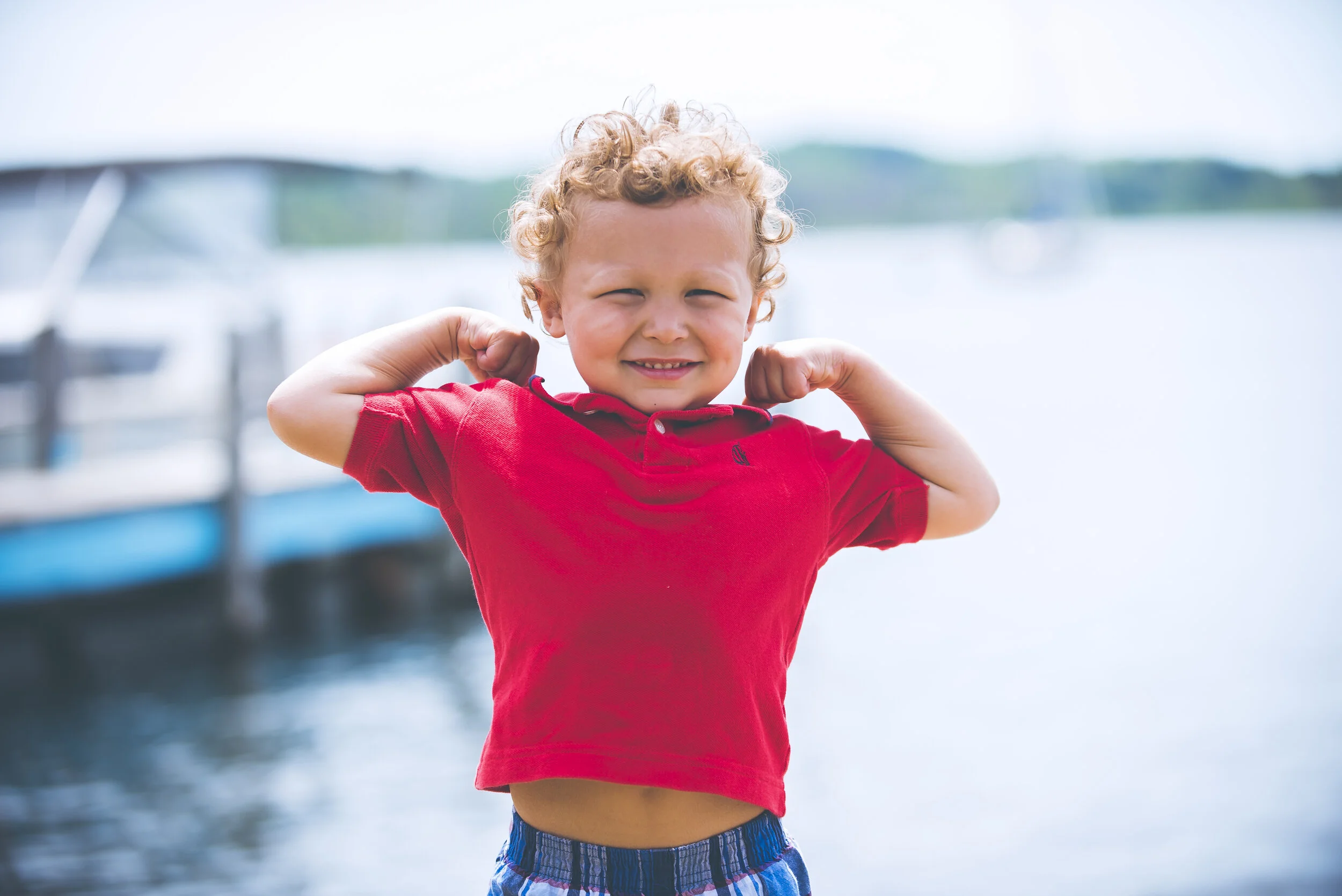4 ways to take care of your child (and yourself) when stress is high
If you are the parent of an anxious child, you know how draining anxiety can be. Worries, rituals, and meltdowns can consume tons of time and energy, not just for your child but for the whole family. When a child’s anxiety is too strong to manage, the effects can ripple outward to impact siblings and parents. This is even more true during quarantine, when everyone is cooped up together and it’s harder to take time away to blow off steam. Even in unusually stressful times, kids can learn to feel more in control of their worries, and there is a lot you can do to help as a parent. Here are 4 ways to help your child learn to cope better with anxiety.
Help Your Child Understand That Anxiety Isn’t Bad
I often ask kids who are coming to my office for anxiety a trick question: is anxiety a good thing, or a bad thing? Many children assume that the goal of therapy is to totally eliminate their anxious feelings. As a parent, you can help your child understand that anxiety is an important feeling because it helps them know when something is not safe. Can you imagine what would happen if we didn’t feel at least a little anxious before crossing a busy intersection? Have you ever had a bad “gut feeling” about a person or situation that turned out to be right? Those are times when anxiety is good to have, even if it feels uncomfortable.
Because anxiety doesn’t feel good in the body, children often get anxious about being anxious: they notice their anxiety response starting to kick in, and worry that it means something is really wrong with them. In reality, their body is doing just what it is supposed to do by alerting them to danger…it just might be doing this at unhelpful times. Kids with anxiety have too much of a good thing: their “danger alarm” is going off more often than it really needs to. You can help your child understand that anxiety isn’t dangerous, it can’t hurt them, and that while you can’t eliminate anxiety (and you wouldn’t want to!) there are lots of ways to cope with the feelings to make them easier to deal with.
Practice Relaxation Every Day, Not Just When Your Child is Anxious
Helping anxious kids find ways to relax is usually one of the first goals in therapy. Many coping skills have been developed to help kids (and adults) unwind, but activities like exercise, art, and meditation can be just as helpful. In my opinion, it doesn’t really matter what coping skill you choose to use—what matters is how often you use it.
Practicing a relaxation technique is kind of like going to the gym. If you do it once, you might notice you feel a little better when you’re done. However, the boost probably won’t last very long. If you want to create lasting, positive changes, you’re going to have to do it regularly over a longer stretch of time. Deep relaxation techniques change the way our nervous system operates, helping us move out of the “fight-or-flight” mode that triggers anxiety and into the “rest-and-digest” mode that promotes calm. If a child is practicing a relaxation skill frequently, she may spend more time in this restful state and be able to access it more easily the next time she’s stressed, leading to less anxiety in the long run.
Practicing how to self-soothe daily has another benefit, as well: it helps kids master the technique before they really need it. You don’t want your child to be trying to figure out how to take deep belly breaths for the first time in the middle of a panic attack. Think of daily relaxation practice as being like a fire drill, helping your child master the coping skill while she’s calm, before she really needs it.
Focus on Your Child’s Strengths, Rather Than Worries
When a child is really anxious about something, it can be tempting to talk about it with them in detail in order to reassure them that their fears aren’t realistic. If your child is losing sleep at night due to fears of monsters in their room, for example, you may feel the urge to help them investigate in every closet and under all the furniture to prove that the room is 100% monster-free. While helping kids to spot unrealistic thoughts can be helpful, spending a lot of time talking about a fear in the moment can backfire and lead to more anxiety.
When we have a long conversation with a child about their worry, we might accidentally send them the message that it’s something worth being worried about. After all, if we’re spending all this time talking about it, it must be a possibility! Your child might wonder why you’d look under the bed in the first place if there wasn’t a chance the monster might be lurking under there. Long discussions can also encourage anxious children to ruminate, thinking about their worries again and again without coming to a resolution. This can make their anxiety increase, rather than decrease.
Instead of talking about the worry itself, focus on the positive strengths your child has that will help them deal with it. You might consider saying something like “I know you’re brave and you can do this,” “This is hard, but you’ve handled it before, and you can do it again,” or “You are so good at taking deep belly breaths!” This can help shift a child’s focus away from the problem, and toward a solution. It also sends the message that you understand how worried your child must feel, but you aren’t taking the worry itself seriously. You can be empathetic without reinforcing the fear itself.
Put the Oxygen Mask On Yourself First
You have probably heard this common advice from flight attendants applied to life outside of the airplane: put the oxygen mask on yourself first, before helping your child. It’s cliche, but it’s true! Helping a child to cope with anxiety is hard work, and it’s difficult to do if you’re feeling run-down or anxious yourself. Parents have to provide so much emotional labor for their kids every day, and they may find they’re giving and giving without getting much support back in return.
Kids are extremely attuned to how their parents are feeling. They look to the adults in their lives to determine how they should respond in a situation. During times of stress, your child is probably watching you closely, and paying attention to your facial expression and voice tones for clues to how you’re feeling. If a child senses that you’re feeling stressed, odds are good he’ll start to feel stressed out, too. This can lead to more anxiety or acting-out behaviors like tantrums and meltdowns. On the flip side, when a child sees that you’re managing your own stress, it sends the message that they can feel safe and relaxed, too.
When things are particularly stressful, a parent’s self-care might be the first activity to get crossed off the to-do list. If your child is struggling with anxiety, I’d encourage you to make your own self-care a priority. Figure out what helps you to cope emotionally, whether it’s taking an hour to exercise, going on a drive alone and listening to music, or calling a friend. Your kids will feel the effects of your improved mood, and you may find their anxiety decreases as your stress levels go down. When you practice self-care, you send the message to your children that coping with anxiety is a normal part of life. When your children see you managing your own stress, they learn that they can do it, too.
If your child’s anxiety is getting hard to handle at home, counseling can help make it more manageable, even during quarantine. You can read more about online counseling for kids here, or reach out to me to set up an appointment.



